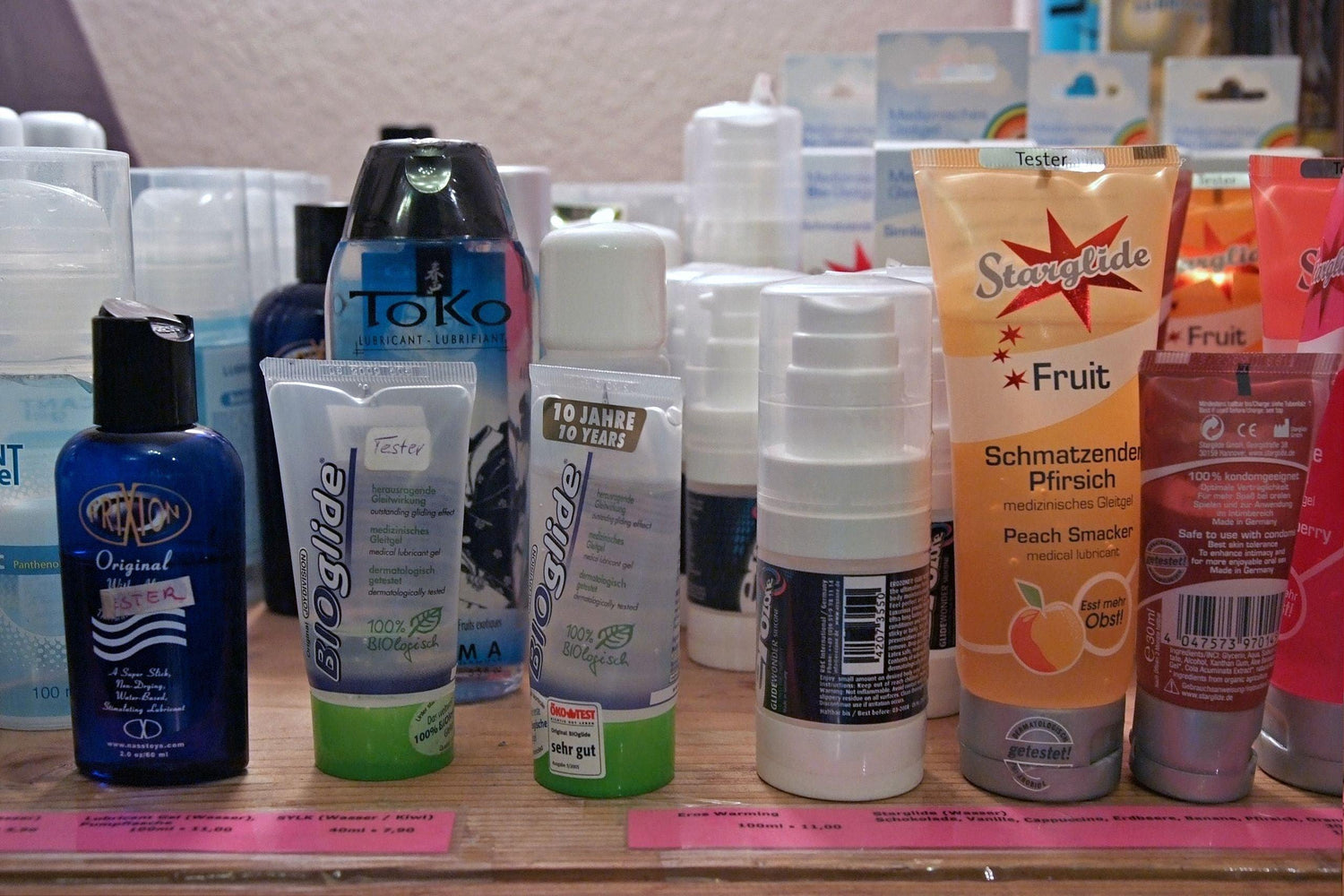Silicone and TPE (Thermoplastic Elastomer) are two of the most commonly used materials in the production of sex dolls. Both materials have their own advantages and disadvantages, which should be considered when choosing a sex doll.
Silicone is a high-quality material that is durable, hypoallergenic, and non-porous, making it easy to clean and maintain. It has a realistic skin-like texture and is more heat resistant than TPE, which means it can withstand higher temperatures without being damaged. Silicone sex dolls tend to be more expensive than TPE dolls due to the material cost and manufacturing process.
On the other hand, TPE is a softer and more flexible material that has a more lifelike feel to the touch. It is also hypoallergenic and non-porous, making it easy to clean and maintain. TPE is less expensive than silicone, which makes it a more affordable option for those on a budget. However, TPE is less heat resistant than silicone, which means it can be more easily damaged if exposed to high temperatures.
In summary, the main advantages of silicone sex dolls are their durability, hypoallergenic and non-porous properties, and realistic texture. The main disadvantages are their higher cost and lower flexibility. The main advantages of TPE sex dolls are their affordability, lifelike feel, and flexibility. The main disadvantages are their lower durability and heat resistance. Ultimately, the choice between silicone and TPE comes down to personal preference and budget.
Silicone:
- Harder than TPE but also more durable.
- More expensive than TPE.
- Easier to clean and maintain.
- Safe for human contact.
- Heat resistant, can withstand higher temperatures without being damaged.
TPE:
- Softer to the touch than Silicone.
- Offers more realistic ‘jiggling’ of body parts (breasts, butt, etc.).
- More elastic, allowing dolls to be more flexible at their joints.
- Good heat retention.
- Less expensive than Silicone.
- Safe for human contact.
- Less durable than Silicone, requiring more care and maintenance to keep it in good condition.





